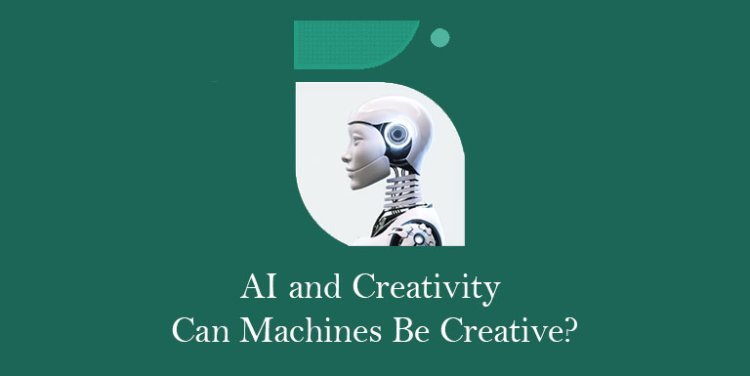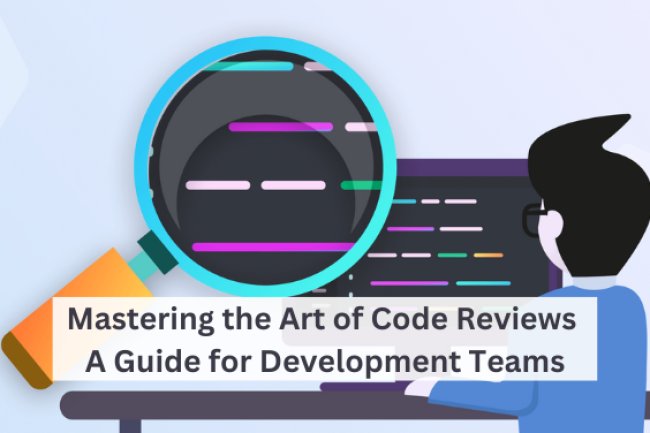AI and Creativity: Can Machines Be Creative?

Artificial Intelligence (AI) has made tremendous strides in recent years, from conquering complex board games to composing music and generating artworks. These advancements have sparked a fascinating and philosophical question: Can machines be creative? In this blog, we'll explore the intriguing intersection of AI and creativity, discussing the current state of AI in creative domains, the processes behind AI-generated art and music, and the ongoing debate about whether machines can genuinely possess creativity.
Defining Creativity
Before delving into AI's role in creativity, it's essential to define what creativity is. Creativity is typically understood as the ability to generate novel, valuable ideas or products. It often involves originality, imagination, and the capacity to connect seemingly unrelated concepts. The question then becomes whether AI, which relies on algorithms and data, can mimic these human qualities.
AI and Creative Domains
AI-Generated Art: One of the most well-known AI artists is the generative adversarial network (GAN) developed by artists and programmers. GANs can create unique artworks based on a dataset, such as paintings by famous artists. They generate new, sometimes surreal, pieces by reinterpreting existing art. AI art has gained popularity, and some pieces have even been sold at auctions for significant amounts.
AI-Composed Music: AI-powered music composition tools like OpenAI's MuseNet and Google's Magenta are capable of creating music in various genres. While the music they produce is often impressive, it's ultimately derived from patterns in existing music, leading to the debate about whether it's genuinely creative or simply imitative.
The Creative Process in AI
AI models, including deep learning algorithms and neural networks, function by processing vast amounts of data and identifying patterns. In creative domains, AI systems analyze a vast corpus of existing art or music, learn patterns and styles, and then generate something new that mimics those patterns. This raises a key point: AI may replicate creativity but doesn't have consciousness or emotions. It doesn't "experience" creativity in the way humans do.
The Debate: Can Machines Be Creative?
The question of whether AI can be truly creative is a topic of ongoing debate. Some argue that AI can only simulate creativity by reproducing patterns and styles it has learned from human creators. It lacks the capacity for original thought or emotional depth.
On the other hand, proponents of AI creativity argue that if a machine can generate genuinely novel and valuable creations, even if it's based on learned patterns, it's still a form of creativity. They suggest that human creativity is often a result of combining existing concepts and ideas, much like AI.
The Future of AI and Creativity
AI's impact on creativity is undeniable. It has opened up new possibilities, aided human creators, and challenged our understanding of creativity itself. As AI continues to advance, it's likely to blur the lines between machine and human creativity even further. Collaborations between human artists and AI, as seen in various artistic fields, may become increasingly common.
The question of whether machines can be creative is a complex and philosophical one. AI has demonstrated remarkable capabilities in generating art, music, and other creative content, but the debate about the nature of this creativity continues. As AI technology evolves, so will our understanding of creativity and its place in the realm of artificial intelligence. Ultimately, whether we consider AI as truly creative or not, there is no denying that it has expanded the horizons of human creativity and expression.
What's Your Reaction?















